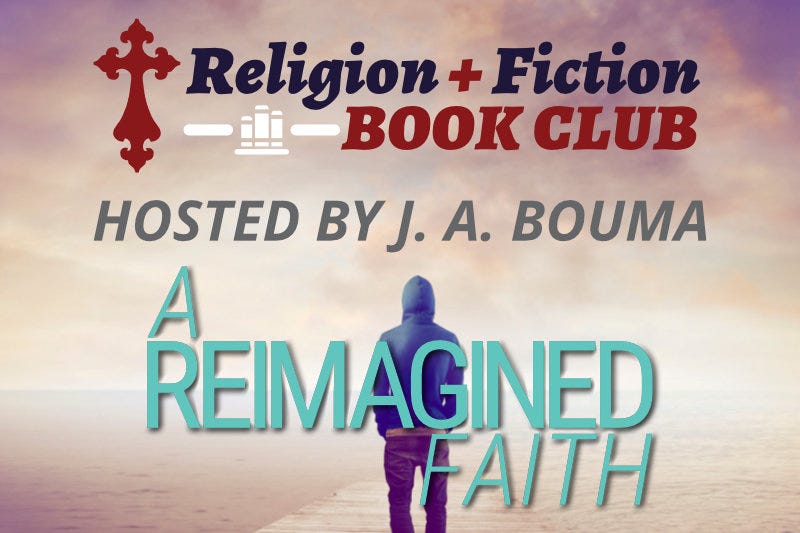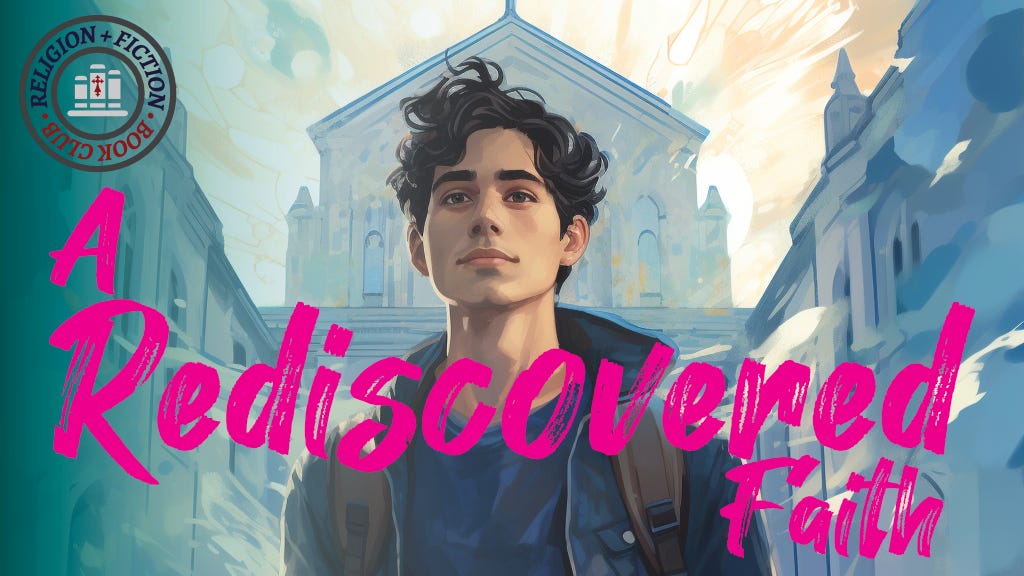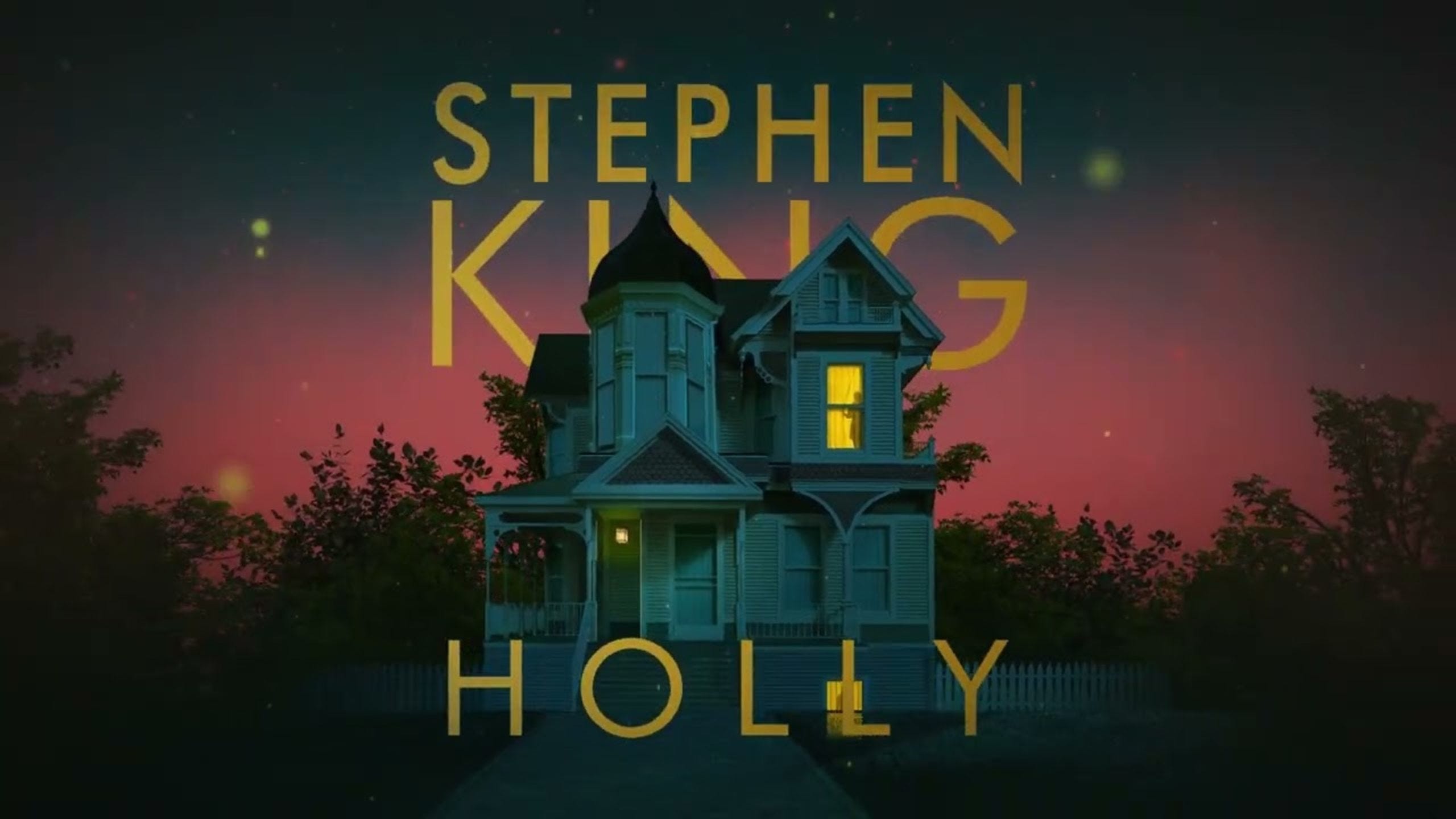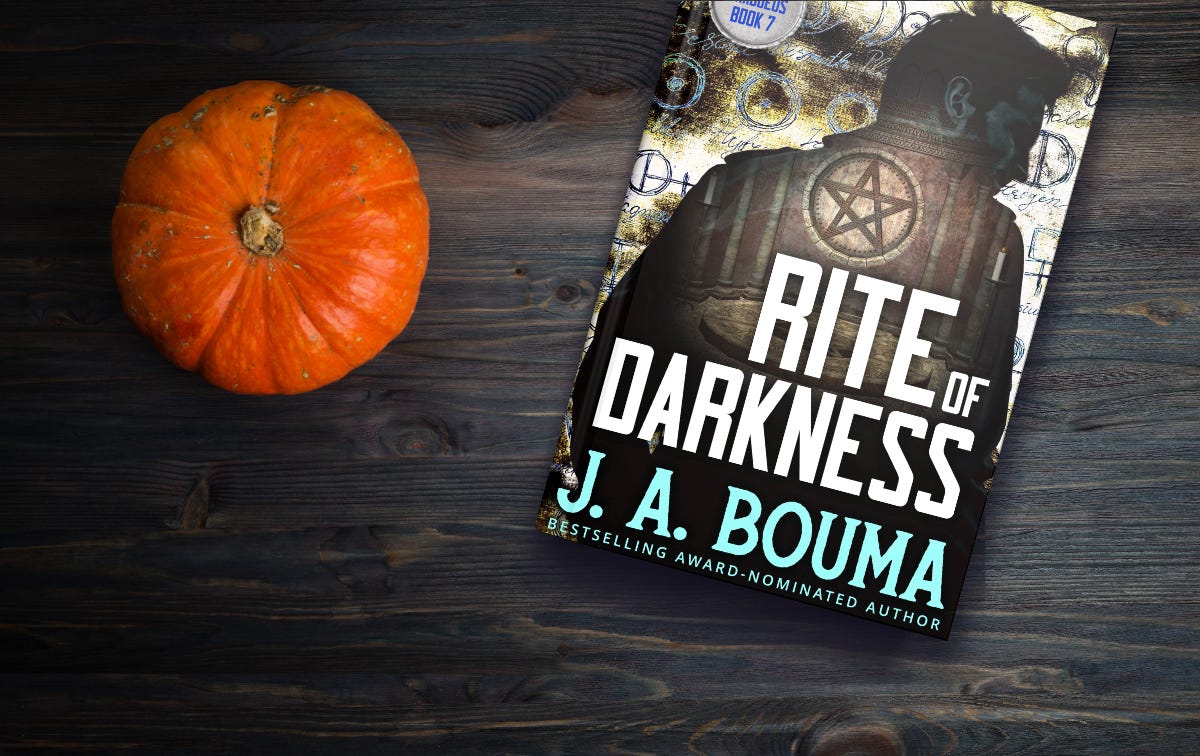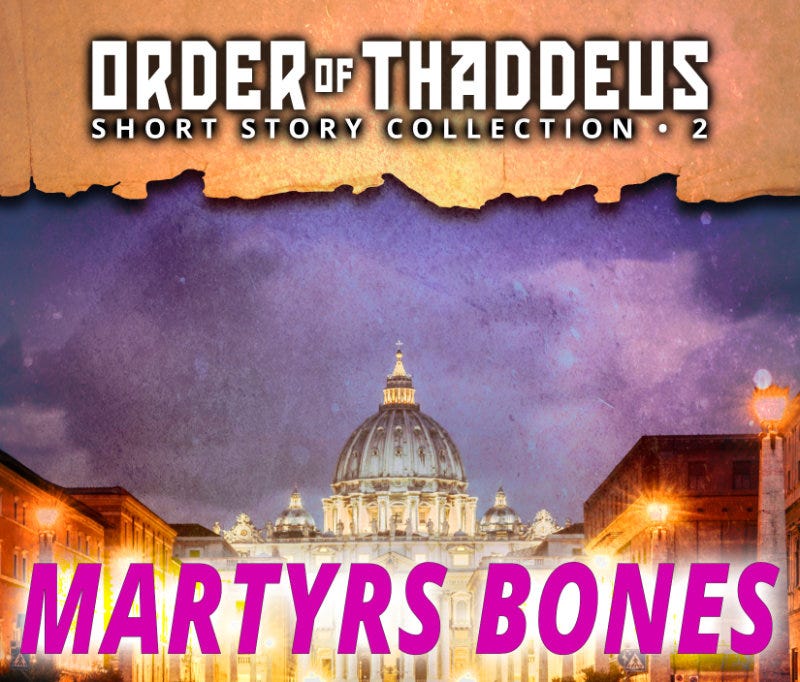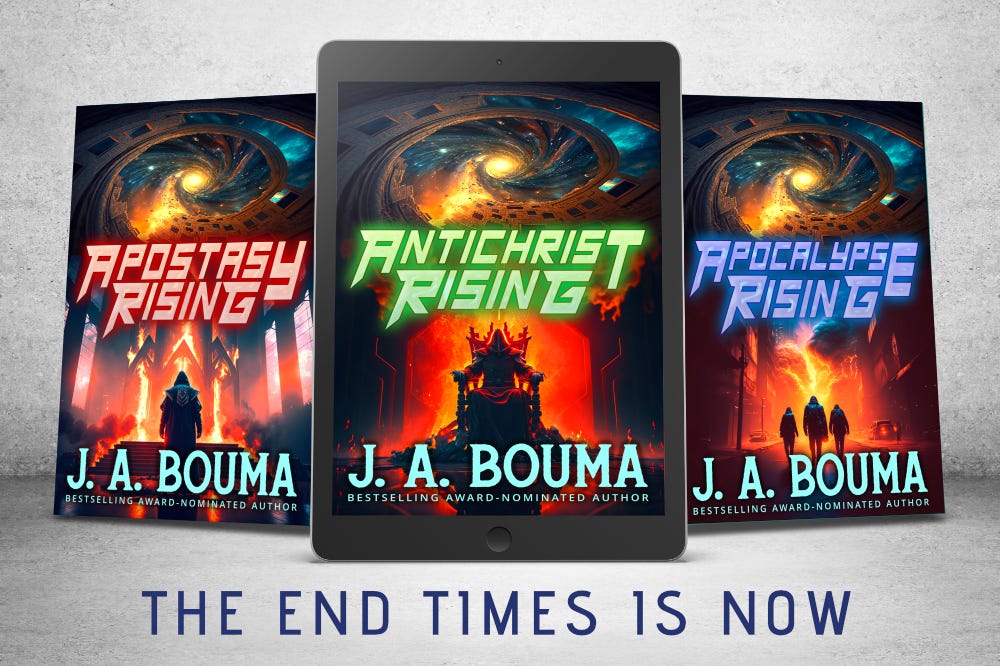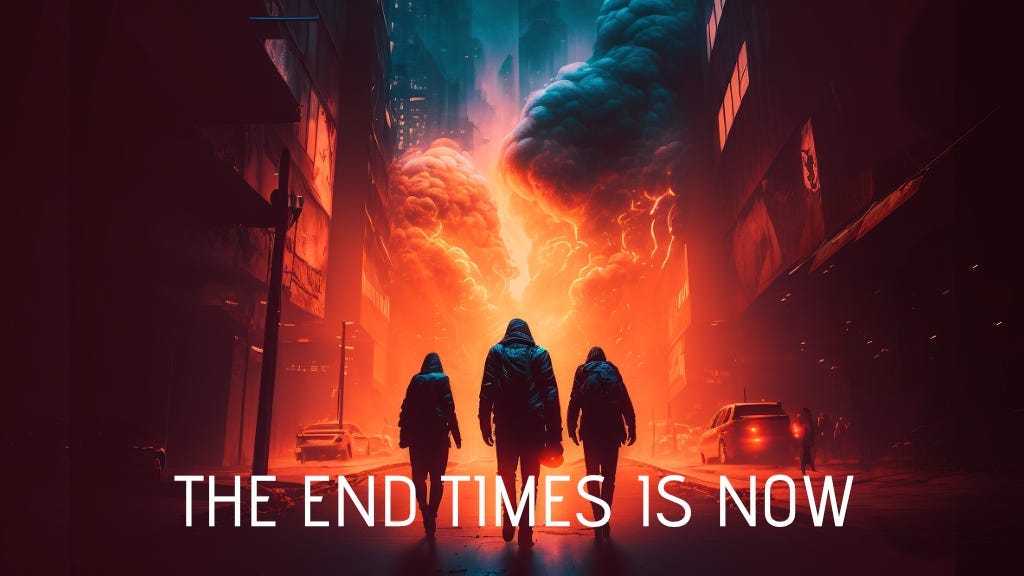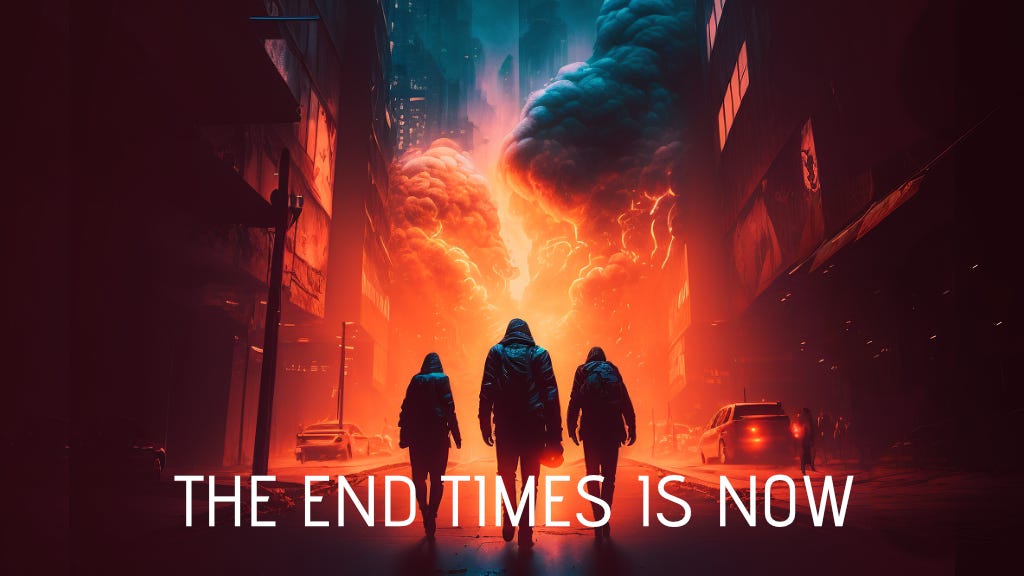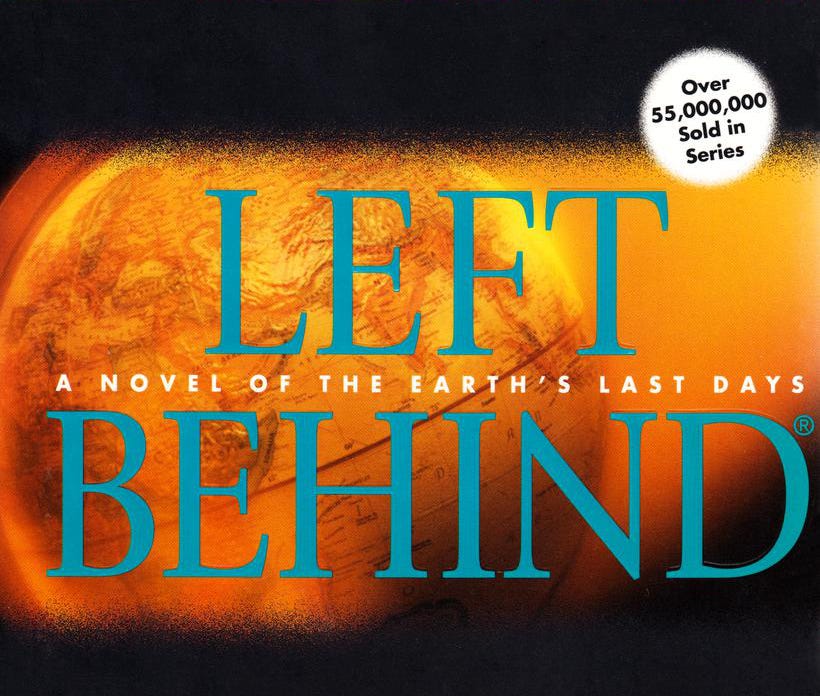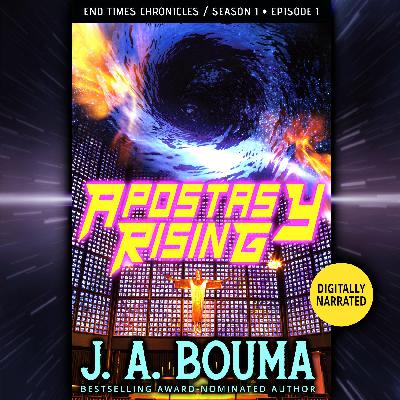R & F Podcast Episode 012 | R + F Book Club: A Reimagined Faith Week 3
Description
We’re back with week 3 of the second Religion + Fiction Book Club! Thanks for your interest and for joining in the religious fiction fun.
If you missed the introduction episode to more of the background behind the book, including my own spiritual journey that led to me writing it, you can listen to that episode HERE. Catch up with the first week and feel free to join in anytime.
The schedule will run as follows with links to past episodes:
Below are some of the questions I posed in the book club episode that I hope get you thinking about Peter Daniel Young’s story — and your own. Comment below or use the questions in a group or individual study to deepen your engagement with the story.
Religion & Fiction Newsletter is a way for me to connect with like-minded readers. Subscribe to receive connect at the intersection of the sacred and story.
Week 3 Thoughts + Questions
After a sort of crisis of faith is sparked in Peter after being confronted with questions from friends he wasn’t prepared to answer, the tension and inner conflict is deepened when his ministry puts on an event showcasing one of the greatest flashpoints for many people—the tension between faith and science.
Chapter 13
Leading up to his ministry event showcasing a debate on the origin of species, Peter is worried it will embarrass them and alienate the very students they are trying to reach. In fact, he thinks the whole way of going about it is wrongheaded. One of his co-workers, Tabitha, has some advice:
“I look at some of the ways we’re going about it and sometimes I shake my head and wonder … But what I don’t do, Peter, is storm around like I’m God’s holy prophet sent to set this ministry straight or Dr. Harrison straight! Or denigrate good and godly men who are just doing and saying what they feel called to. And for God’s glory, I might add. Untold people have found a relationship with Jesus through their ministries. And I’d say that’s something to respect, not wag a finger at.”
While Tabitha’s words stung, Peter also admitted she had a point, “And my pride had blinded me to the ways God had used Harrison and EE in the past. Boy was I jerk.”
It’s easy to assume the traditional way of doing things is wrongheaded without appreciating the Church has been getting along just fine for 2000 years without us and our new, modern ideas.
* What from tradition might we better appreciate and hold on to, as Tabitha suggested, appreciating how God has used the past for his glory? How do our attitudes about the newest, shiny idea on the ecclesial block impact what we perceive we need to let go and leave behind?
Chapters 14-17
Given the barriers that often exist for believers and nonbelievers alike surrounding the perceived conflict and tension between science and Christianity, I thought it a good way to work through those perceptions given my own struggles with this tension.
* How have you yourself navigated this conflict or tension, the one between science and faith? Has the one impacted the other? Explain.
* Why does Alfred Morris believe issues of human origins is crucial to the gospel, to the message of Christianity? Why might it indeed be important to this message about salvation through Jesus?
* What do you make of Bryan McLaughlin’s perspective on Genesis 1, and how ancient Israelites might have understood the opening words “In the beginning God create…”? Does this perspective shift anything for you when it comes to the tension of faith and science?
* What is meant by focusing on the that and the who of the creation narrative instead of the how of Genesis? What does such a focus do to the perceived tension of science and faith?
* Does recognizing the importance of Genesis 1 and 2 as theological, rather than scientific, literature give you hope like Peter? Explain. How might such a framing—that the Scripture Story of our human origin is about who created us and that we were created, not how—help others who struggle to reconcile faith and science?
Chapter 18
* Peter wonders who his Neo is, who might come alongside him in his spiritual journey. Who is that for you? How might you come alongside someone else in your own life to help them wrestle through their questions?
* He also wonders where God is taking him, what terra nova or new land the Spirit of God might be bringing him into. What about you: Where is the Lord taking you in your own spiritual journey; how is he working in your life? What are you leaving behind; where are you going?
Chapter 19
* Why is the Bible crucial for any discussion about what is and is not important about the Christian faith? What place does it have in your own spiritual journey answering such questions?
* How is a discussion about the literal resurrection of Jesus relevant to a discussion about God’s literal creation of the world?
Peter is learning that there’s a tension, or maybe more a spectrum, within the Christian faith between what’s real and what isn’t. It’s the difference between tents and tarps.
* What does he mean by this, especially as an analogy to Christianity?
* Which beliefs are “load-bearing columns” and which “are really just decorative studs”?
* What poles should we be building our faith upon—which are you?
Again, thanks for joining the book club. Hope you can join next week!
You can still join at anytime, going at your own pace reading the book and listening to the episodes. Grab it for all ereaders at most online retailers if you’d like to join, or get it direct from my bookshop at 25% off with code BOOKCLUB25. For easy links:
* Amazon
* Kobo
J. A. Bouma believes nobody should have to read bad religious fiction—whether it’s cheesy plots with pat answers or misrepresentations of the Christian faith and the Bible. So he tells compelling, propulsive stories that thrill as much as inspire, while offering a dose of insight along the way. Available at most online retailers and direct: shop.jabouma.com.
Get full access to Religion & Fiction Newsletter at bouma.substack.com/subscribe

